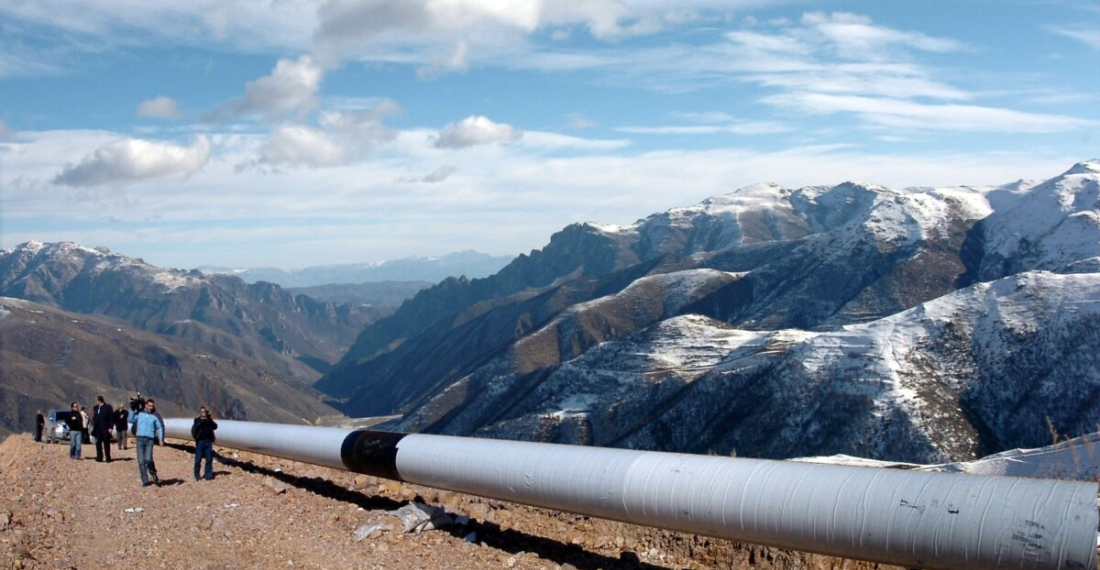Yesterday on Thursday (10 August), Armenia and Iran signed an agreement to extend an energy swap deal for another for years and increase its volumes.
The renewal of the "natural gas for electricity" deal as signed at Armenia’s Ministry of Territorial Administration and Infrastructure between Aram Ghazarian, Director General of Yerevan’s Thermal Power Plant, and Majid Chegeni, Deputy Minister of Oil of Iran and Director of the Islamic Republic’s National Gas Company.
Armenian Minister of Territorial Administration and Infrastructure Gnel Sanosian said that the extension of the agreement is "one of the best manifestations of Armenian-Iranian friendly relations", adding that "the extension of the agreement is a profitable deal for both countries."
"With the extension of this agreement it is possible to increase gas imports and electricity exports, which will definitely have a positive effect on the economic development of both countries," he said, according to an official press release.
Chegeni, on his part, said that the new agreement will "give a new impetus to the development of Armenian-Iranian relations".
Terms of the agreement
Since 2009, Armenia has been importing natural gas from Iran and turning it into electricity at a local thermal power plant, supplying it back to Iran. The surplus of electricity obtained from one cubic meter of natural gas has remained in Armenia.
The term of the agreement was set to expire in 2026, but it has now been extended until 2030. Specific figures regarding the volumes of supplies are not mentioned in official reports, however.






